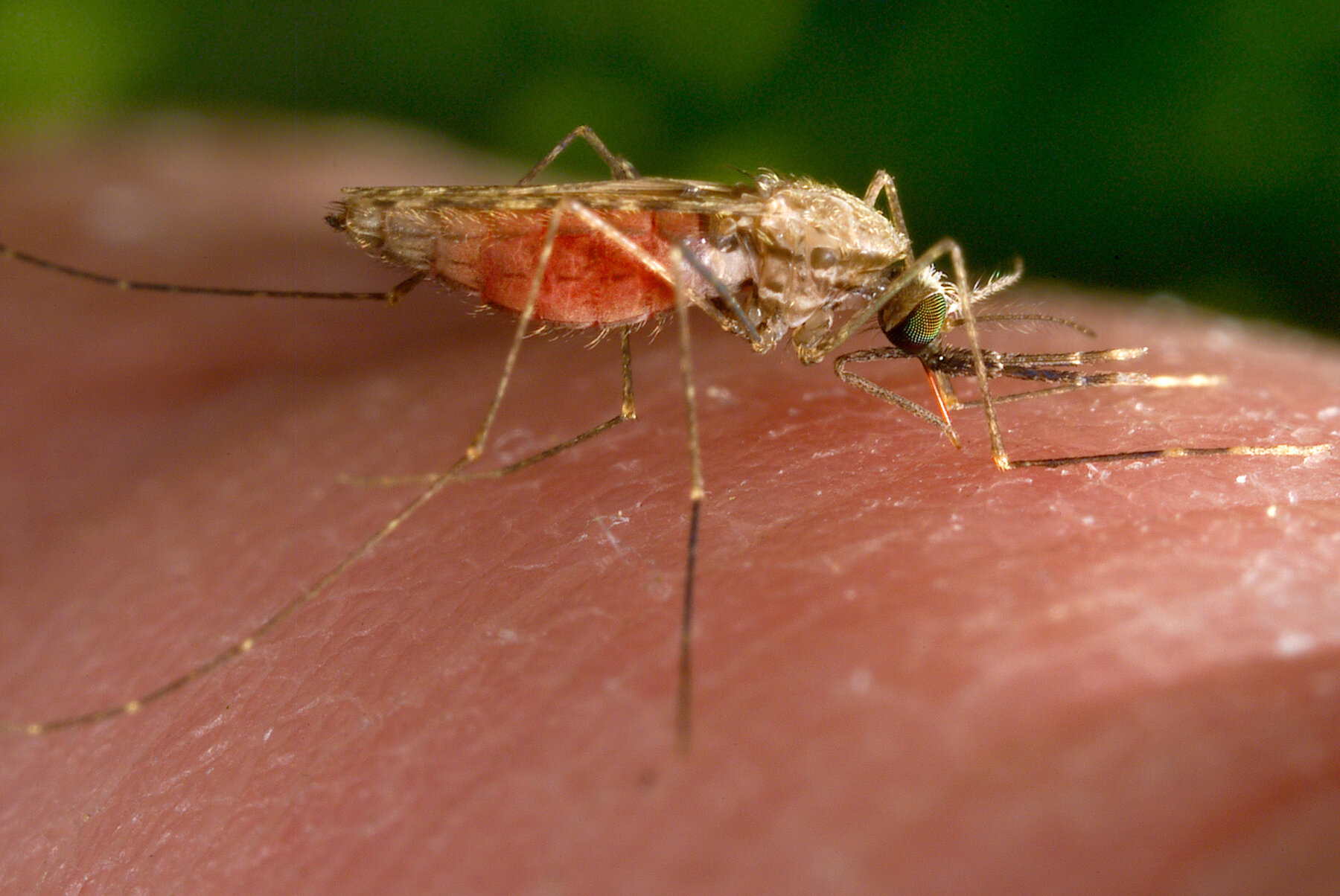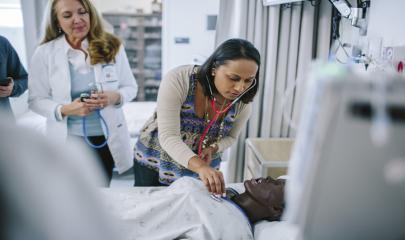What to Know About Malaria in the U.S.


“Malaria spreads within the US for the First Time in 20 years”
“A rare domestic resurgence of Malaria is Circulating in the US”
These are the dramatic headlines plastered across front pages in recent weeks. Malaria and other mosquito borne-diseases are increasing in the U.S. How concerned should we be? (Read: Six Things to Know About Malaria in the U.S.)
The presence of malaria in the U.S. isn’t as novel as the headlines suggest. Over the past 50 years, the U.S. has experienced more than 150 locally acquired malaria cases and more than 60 limited outbreaks. And there are about 2,000 cases a year in the U.S., though these are typically cases of travelers being infected abroad by mosquitoes, also called vectors because they carry the disease. So, it is a little alarming that these recent cases appear to be the first in two decades suspected to be locally acquired, i.e., unrelated to foreign travel.
Malaria is not new to the U.S., though. Many states have Anopheles mosquitoes (particularly An. freeborni and An. quadrimaculatus), which can spread the parasite. The disease was so prevalent in the 1940s that the federal government created a new agency, the Communicable Disease Center, to deal with the disease. The agency later became the Centers for Diseases Control and Prevention.
Yet the current reality is that the threat of contracting malaria in the U.S. is extremely low. Why? State-level vector control and disease surveillance systems will help contain a major threat. And we can use simple protection measures such as long-sleeve clothing, insect repellent, and removing standing water. However, the increasing presence of dengue, malaria, and West Nile virus all point to a larger issue worth paying attention to. Our world—the planet and the species that inhabit it, including humans—is continually evolving, and recurrence of a disease outbreak like malaria should be taken seriously. It should force us to reassess how humans occupy and interact with our environment as these complex changes occur.
A One Health approach considers the disease feedback loop involving humans, animals, and the environment. That approach to health and disease can be the basis for a strategy to transform our future activities in a host of areas. A One Health approach helps understand the ways in which chronic diseases, cancers, allergies, mental health problems, genetic disorders, and the resurgence of infectious diseases such a malaria are all intrinsically linked to human activities. As humans increasingly influence and change the world, issues such as land degradation, water purity, demographic shifts and the environment will all become increasingly important as our habitats and the pathogens we live with evolve.
Abt Global is the world’s largest provider of interventions to track and control malaria, protecting millions of people annually in nearly 30 countries. We have been on the forefront of entomology, real-time surveillance systems for vector-borne and infectious diseases, and strategic communications campaigns that educate the public about the risks of parasites and pathogens like malaria, Zika, and COVID-19 and ways for people to protect themselves.
We have worked on four continents to protect people from malaria and Zika through the delivery of life-saving mosquito, or vector, control interventions. In the past year alone, we protected 17.6 million people under the U.S. President’s Malaria Initiative’s (PMI) VectorLink project. Abt is at the cutting edge of entomological surveillance and vector control, including risk modelling and the study of vector patterns, insecticide resistance, and the environmental-related seasonal and geographic spread of malaria-carrying mosquitos in many parts of the world.
A lot of factors—rainfall, temperature, humidity—influence mosquito density, longevity, and malaria transmission risk. Insecticide resistance poses a challenge. So does the interplay between human behavior and mosquito (vector) evolution. That’s why malaria control programs need to tailor mosquito control approaches to meet different communities’ needs.
We know communities and our clients are searching for answers and solutions to prevent vector-borne diseases. As experts in U.S. and global public health, respectively, we teamed up to answer the most pressing questions.
Read More
Health in North America

2025 Coalition for Common Sense in Government Procurement Winter Training Conference
Our experts look forward to exploring how we will use evidence, analytics, and disciplined implementation to improve program outcomes.

Abt Global Announces Partnership with Rhino.AI to Accelerate AI Modernization Across Federal Agencies
Abt Global announced a strategic partnership with Rhino.ai, a U.S. artificial intelligence company fast gaining acclaim for its automated modernization capabilities.

A State Playbook to Transform America’s Rural Health Workforce
An informative playbook to build, retain, and support the rural health workforce through GYO pipelines, pathways, residencies, telehealth, and team-based care.

CMS Crushing Fraud Chili Cookoff Showcase 2025
Abt Global is a finalist at the CMS Crushing Fraud Chili Cookoff Showcase 2025.

